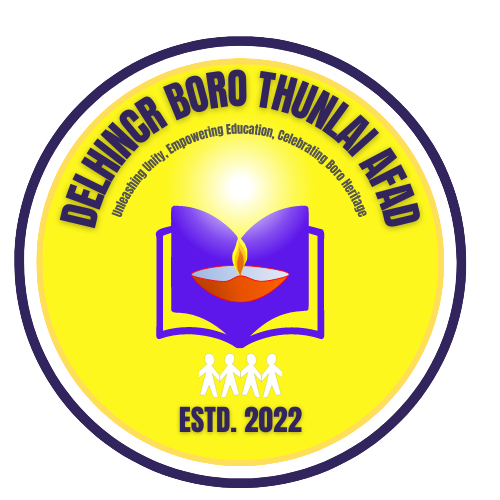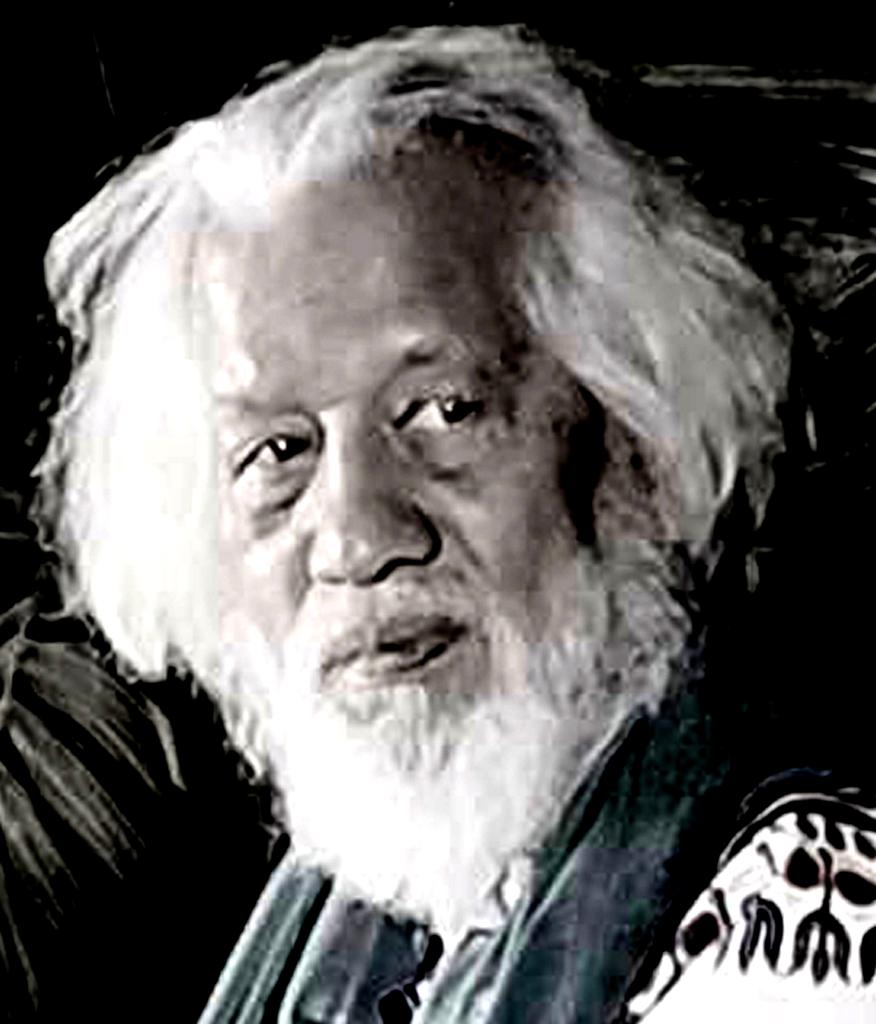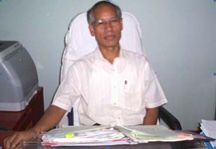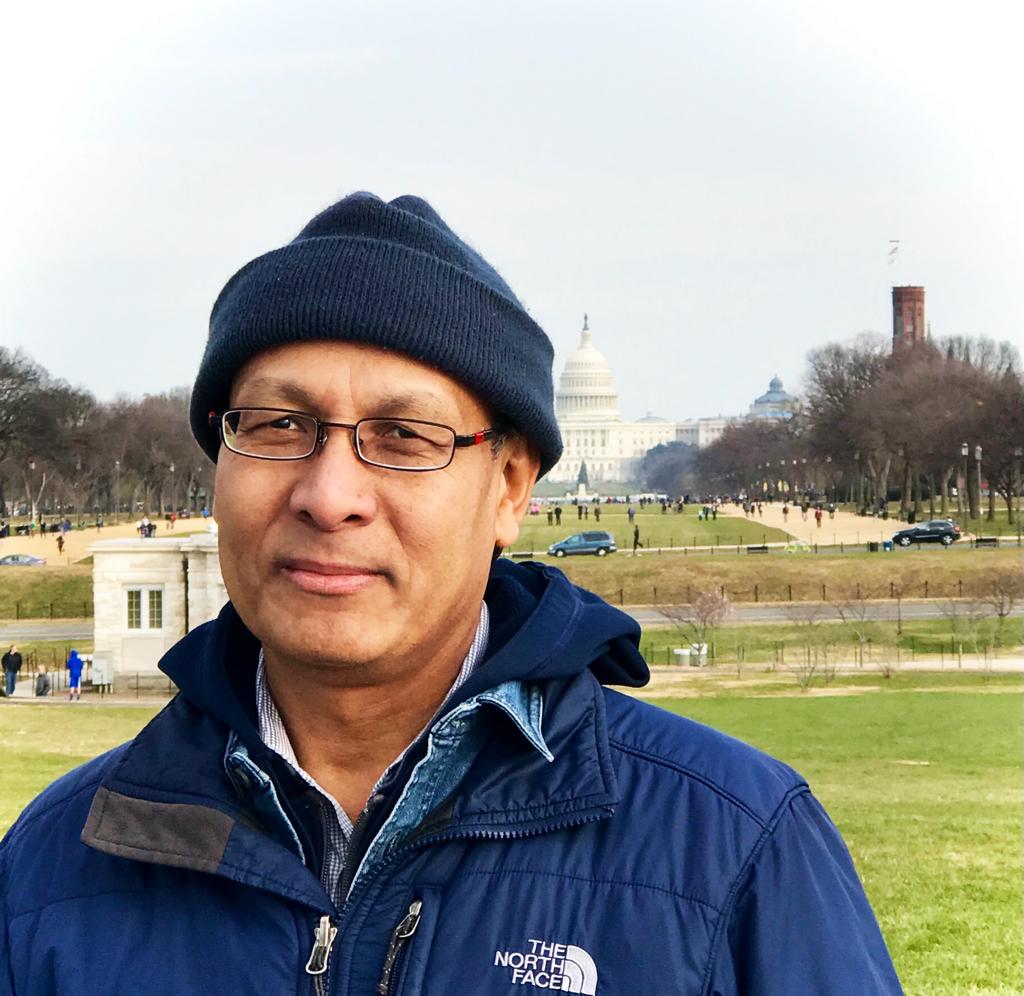Mission and Vision
The Delhi NCR Boro Thunlai Afad (DNBTA) is conceived to foster love for the language and literature of the Boro with a mission to uphold the rich cultural heritage of the Boro people. Having lived historically across different parts of Assam, Tripura, West Bengal, Bangladesh and Nepal to form their own lifeways, today the Boro people in Assam are well-known for successfully preserving the traditional culture of the community. The strong sense of history among the Boro which is embedded in their folk and oral culture is in need of getting exposure to the outside world. It is in this context, as members of a self-aware community, the Delhi NCR Boro Thunlai Afad strives to preserve the culture and distinct cultural identity of the great Boro Hari (Boro Nation) through various literary, cultural and academic activities in the capital region of Delhi. The Vision of Delhi NCR Boro Thunlai Afad is to see Boro language and literature to be recognized internationally. Though Boro language is officially recognized under the 8th schedule of Indian constitution, its use and application in relevant fields of learning remain wanting. In addition to spreading awareness about the language in the national capital, the vision of DNBTA is to teach Boro language to the diaspora children, conduct cultural workshops and facilitate cultural dialogues.
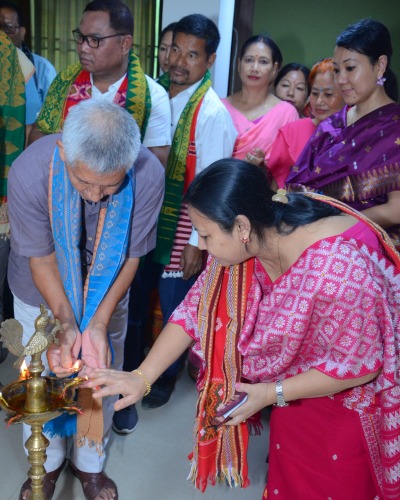
Founding of DNBTA
The Delhi National Capital Territory Boro Thunlai Afad (Delhi NCR Boro Thunlai Afad or DNBTA) initially started as Delhi Boro Thunlai Afad. It was on the 1 st October of 2023 that Boro intellectuals and social activists residing in Delhi gathered at Bodoland Bhawan, Dwarka Sector 18/A, New Delhi at 2 PM to discuss about the need of an association to continuously work for the development, preservation and promotion of language, literature and culture of the great Boro Hari (Boro People). The Boro diaspora community who attended the meeting held under the chairmanship of Shri Atul Basumatary, Deputy Director General, Ministry of Defence, after extensive deliberations, felt convinced that to preserve and spread the Boro language, literature, and culture in a place like Delhi, an association was needed and committed to form the Delhi Bodo Thunlai Afad (Delhi Bodo Sahitya Sabha). Delhi NCR region has seen an increasing population of Boro professionals working in various government establishments of the Central and the Delhi state governments as well as in many private companies. Further, the number of Boro students and teachers in different educational institutions across the capital region has grown exponentially. However, children born in Boro families in Delhi NCR do not get the opportunity to learn the Boro language, to know about the literature and culture in absence of such a forum or platform, and hence, they have become accustomed to accepting the cultures of others as their own. It is already saddening to see that few countable Boro children are familiar with Boro language as their mother tongue. Additionally, in absence of a common forum for engaging in and using Boro language in larger context, those who are interested and have the expertise in Boro language are not able to contribute meaningfully Therefore, in order to facilitate preservation and promotion of Boro language, literature, and culture of the great Boro tribe, the founding members felt motivated to form this organization, which will act as a common platform for all interested and concerned well-wishers. Hence, all concerned Boros living in Delhi NCR region came together to officially form Delhi Boro Thunlai Afad (Delhi Bodo Literary Society) and for smooth functioning of the Afad an executive committee was constituted, comprising of Dr. Nirala Ramchiary as president, Dr. Alongbar Wary, as Vice president, Mr. Hemanta Swargiary as General Secretary, Ms. Kiran Boro as Assistant General Secretary, Mr. Uriyel Narzary as Publicity Secretary, Mr Jogen Basumatary as organizing secretary, Mr. Atul Ramchiary as treasurer, and Dr. Haren Ramchiary, Mr Manjit Brahma, Mr. Pitamber Brahma and Mrs. Kabita Brahma as EC members. Mr. Atul Basumatary, Mr. Brajendra Narzary and Dr. Dharitri Narzary were given the role of advisers. Read More
